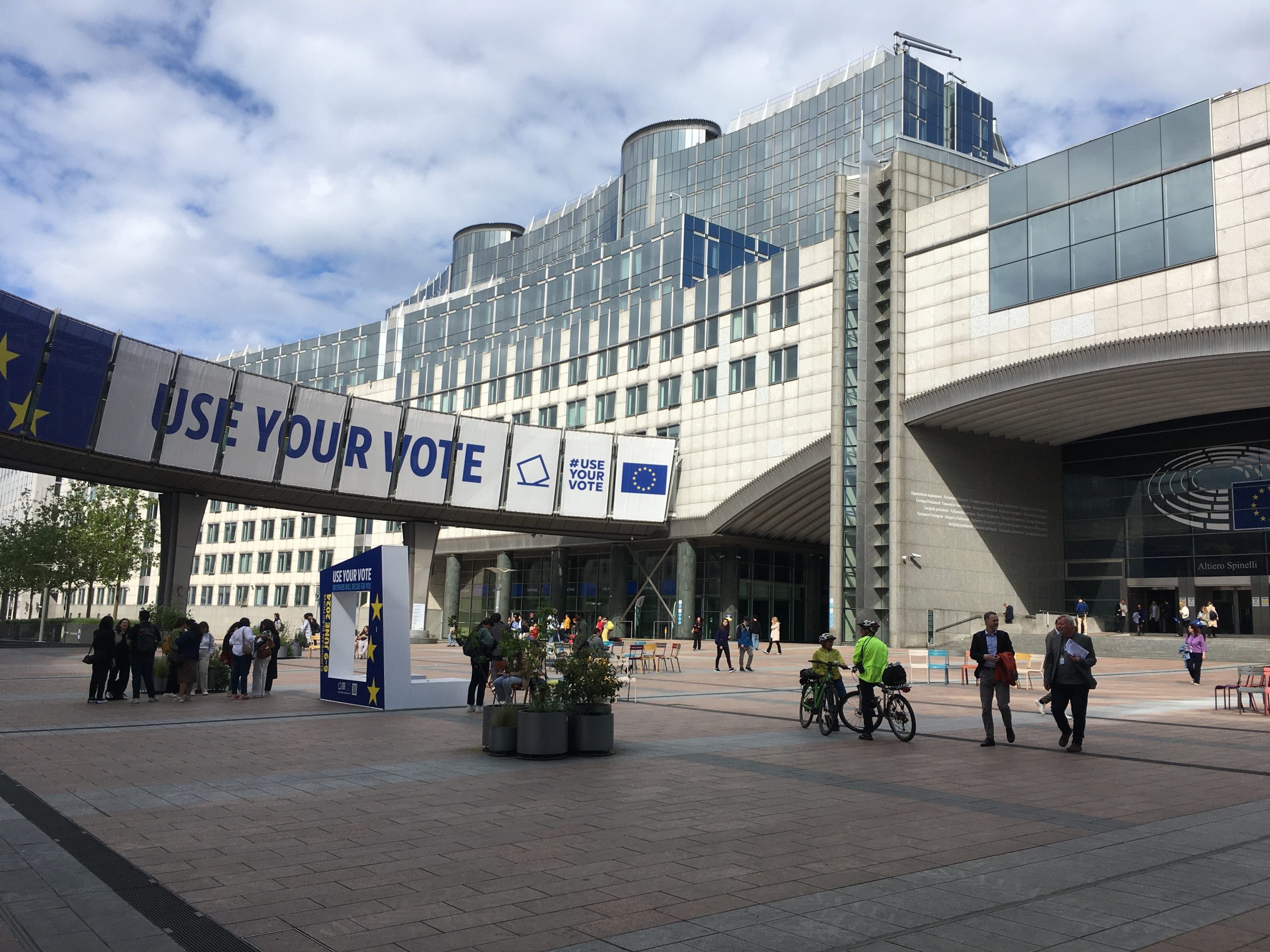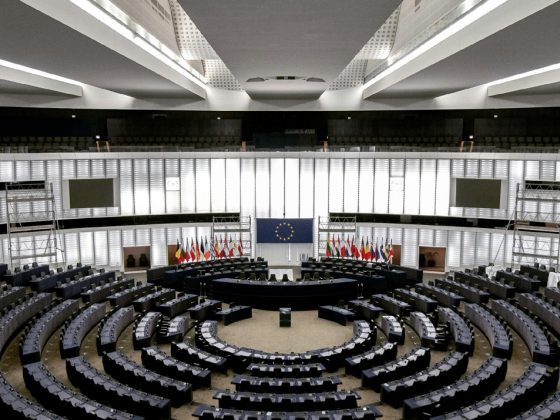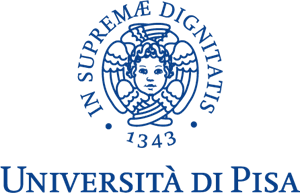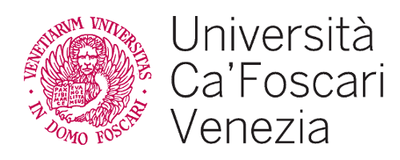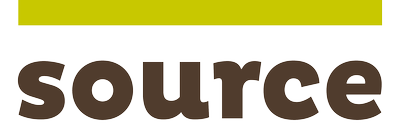The EU’s new Corporate Sustainability Due Diligence Directive (CSDDD) is a pathbreaking turn from voluntary standards to mandatory regulation. But, did voluntary initiatives pave the way to this new Directive or were they used to undermine its authority?
Voluntary standards and new supply chain regulations
The business activities of multinational companies span complex global supply chains over multiple jurisdictions. The globalization of commerce makes it challenging for governments and citizens to hold companies accountable for human rights abuses and environment harm occurring during production. Since the 1990s a variety of voluntary, “private” regulations – i.e. those developed, implemented and enforced by companies and non-government organizations rather than governments – emerged to address those issues. These include initiatives such as corporate codes of conduct and certifications enforced through supplier audits, and various other multi-stakeholder initiatives and industry schemes.
Voluntary initiatives have proven to be insufficient to prevent human rights abuses and environmental degradation due to their lack of stringency, limited uptake, and companies’ symbolic (rather than genuine) compliance with them. These dynamics prompted governments in the Global North to take action. Recently, new regulations in France (2017), and Germany (2021), for instance, compel companies to exercise human rights and environmental due diligence (HREDD) in their supply chains.
The emergence of mandatory HREDD policies is repeatedly described as a groundbreaking move away from private regulation and voluntary standards towards a regime grounded in hard law. Still, private initiatives are central to the elaboration of those policies because they are often based on what is often referred to as a “smart-mix” of voluntary measures and mandatory regulations. They may also depend on corporate assurances for enforcement. This raises important questions about the role voluntary standards play in the development and maintenance of mandatory regulation – are they an important milestone in the path towards legislation or are they used by companies and others to undermine the legislation?
Our research, presented in the paper, “Smart mix or stupid assurances? The role of private standards in new supply chain regulations,” at a panel at the International Studies Association (ISA) 2024 Annual Conference has sought to provide some answers. We looked specifically at how business actors employed voluntary initiatives to resist or enable regulatory expansion in the case of the CSDDD.
The CSDDD’s policy making process
The Corporate Sustainability Due Diligence Directive (CSDDD) is a critical case where voluntary standards have played an important role in corporate lobbying strategies in response to the proposed legislation. The CSDDD was developed by the European Commission through three public consultation rounds taking place in 2020-2022. On 23 February 2022, the Commission published a policy proposal, that was subsequently subject to a trialogue between the European Commission, the Council of the European Union, and the European Parliament. In the end of 2023, the three institutions seemed to have reached an agreement on the final text. However, unexpected opposition from the German government, followed by other countries like Italy, Sweden, and Austria, almost derailed the whole process.
The German government announced it would abstain in a vote on the Directive, being influenced by the pro-business Free Democratic Party member of the governing coalition and reflecting the position of certain actors within the business community. Germany had been advocating for a “safe harbor” provision that would protect companies from liability if they complied with certain industry voluntary standards. Amid the controversy, a compromise was reached and the policy passed a vote in the European Parliament on 24 April 2024.
Preliminary findings
To study the rocky road to the CSDD directive, we analyzed statements submitted by companies and business associations to the European Commission during the European Commission public consultations. The research also drew on positions compiled by the Business and Human Rights Resource Centre and textual analysis of the final Directive document.
We found that business actors framed voluntary standards in four different ways to advance their political agenda. First, some business actors employed voluntary initiatives to de-legitimate or discredit mandatory due diligence and regulatory expansion. As an example, in a response to a survey carried out by the European Commission, Handwerk International Baden-Württemberg, a German association representing small and medium-size businesses, argued that
The European Commission should not come up with a proposal for mandatory due diligence. European business expressly recognizes its responsibility for human rights. European business has already been very active for many years in performing its CSR and sustainability activities.
Second, other companies and trade associations advocated for mandatory laws that would institutionalize voluntary normsto harmonize rules under a non-burdensome regulatory framework. For instance, in the same survey, the technological company Intel Corporation writes:
We promote the development of reporting due diligence schemes that build on existing international frameworks (such as the UNGPs) and industry standards such as those from the Responsible Business Alliance (RBA) that recognize existing frameworks and best practices. Any reporting due diligence scheme must work to reduce new reporting burdens and allow for harmonised reporting standards.
Third, some business actors argued that the adherence to particular private standards could be used as a basis to demonstrate legal compliance to mandatory measures. In this context, corporate actors argued that observing private schemes recognized under a so-called safe-harbor provision could shield companies from civil liability. For example, in its statement to the European Commission, the Deutscher Raiffeisenverband, a German agriculture and food industry association, stipulates that:
Certification systems and industry agreements with high environmental and social standards exist. This potential should be recognized and exploited and anchored in the sense of a safe-harbor regulation.
translated from German
Fourth, pro-regulatory companies called on the CSDDD to build on more stringent norms adopted by leading firms to bolster their competitive advantage in relation to laggards. For instance, a Swedish petition endorsed by 42 notable multinational companies, including IKEA, H&M, and Electrolux amongst others, mentions:
Companies who invest in sustainable business practices are doing so out of their free will and are forced to compete on unequal terms with companies who choose not to. This is not right – if we want to stop the race to the bottom, companies who act responsibly and invest in sustainability must be supported by clear rules and regulations and fair competition.
We found that arguments along the lines of the second and third of these approaches were well-represented in the final text of the Directive. It clearly emphasizes the institutionalization of voluntary standards in mandatory law and depicts private initiatives as tools to demonstrate compliance. Conversely, we found that the other two types of arguments – calls to delegitimate mandatory rules, or their role in providing a competitive advantage to frontrunner companies – were not prevalent in the policy document.
Our study provides novel insights into how businesses influence democratic policy making processes leading to mandatory legislation by evoking voluntary standards. More research is needed to better understand the conditions under which those norms are used to either resist or enable regulatory expansion.
Next steps in the research process
Building on this research, we are now organizing outreach activities. In collaboration with the Stockholm Environmental Institute, we are hosting a webinar in September on “The EU’s New Supply Chain Regulations: Progress and Peril in Promoting Global Sustainability”. The event will provide a platform for researchers and practitioners to share comparative knowledge on the formulation and implementation of pioneering EU regulations. Panelists will discuss their ongoing work on the EU Deforestation Regulation, the Carbon Border Adjustment Mechanism, the Corporate Sustainability Reporting Directive and the CSDDD. Please get in touch if you would like to follow the conversation at our webinar in September.

